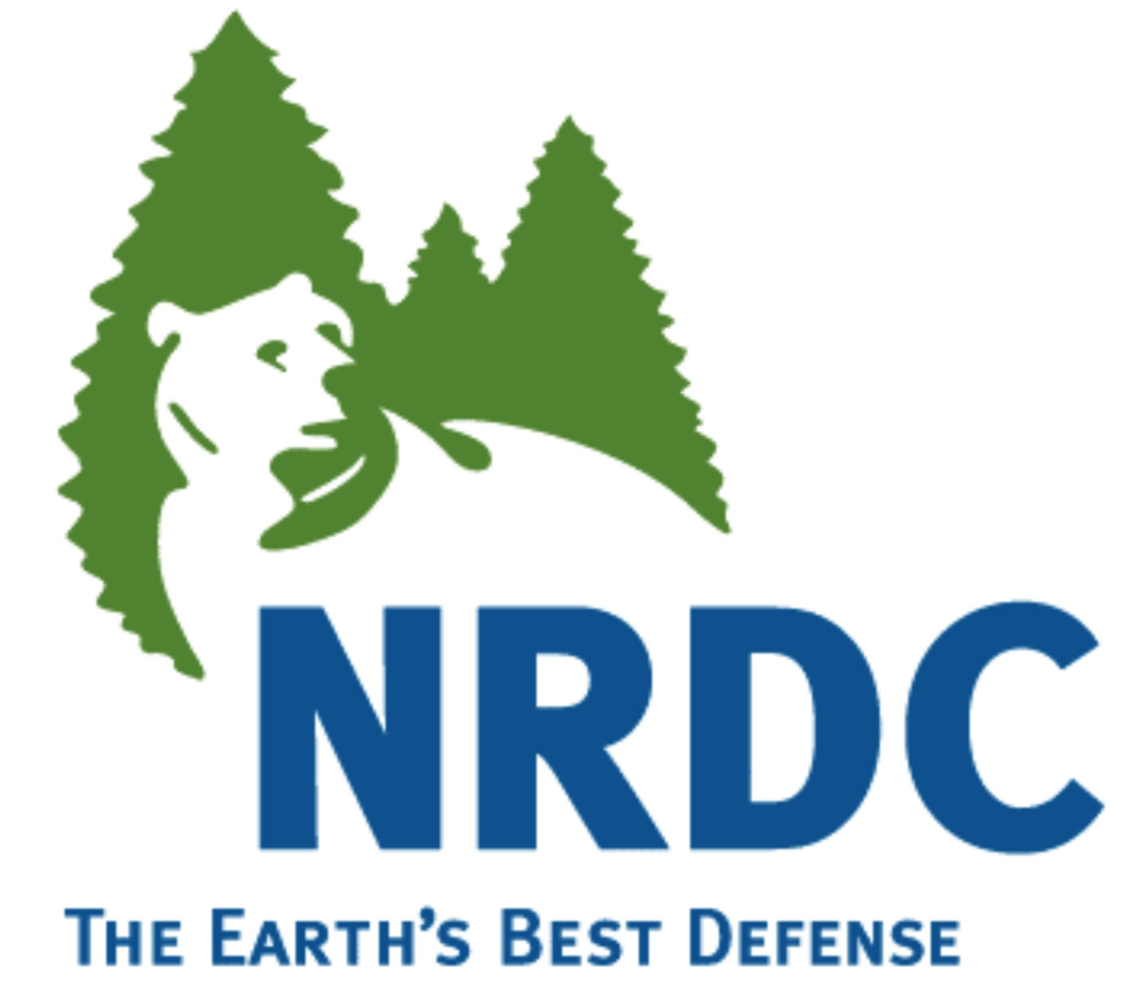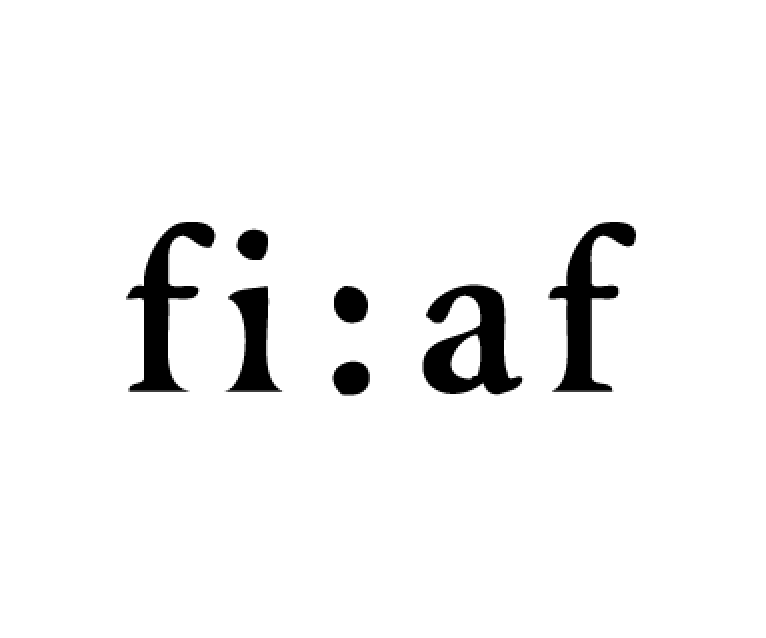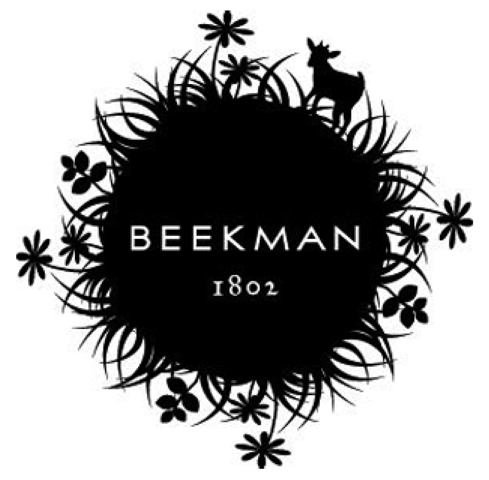Grai St. Clair Rice HoneybeeLives.org
(written for NY Bee Sanctuary)
Imagine opening a hive of honeybees, as if gently opening a beating heart full of sweetness and life. All your senses focus on the now of hearing, feeling, seeing, smelling and awe for this gift of nature that we are privileged to tend. There is a long intertwined history of honeybees with human civilization, which feeds our bodies, our souls, our imaginations and an altruistic appreciation of community.
The lives of honeybees have an integral relationship with the evolution of our beautiful blue planet. Our fecund and diverse world has evolved specifically because of the seductive relationship between the plants known as angiosperms and pollinators, including honeybees.
These are complex relationships in our modern times with agri-business creating a framework for honeybee abuse, and chemical companies profiting from product proliferation in the commercial and residential sectors without clear warning labels or a broader sense of environmental responsibility.
Honeybees are the supreme pollinators since they are single source pollinators and visit only one species of blossoms per trip. They are instrumental in pollinating most of the food that we cherish, and can hardly imagine our diet without.
Honeybees are in the class of beneficial insects that help keep our world a beautiful and healthy place, without us hardly noticing their work. It is often the fallow edges of a farm that harbor the beneficials that make the fields more productive. Conscious farmers, municipalities, businesses and individuals can all participate in allowing for or nurturing areas for nature to thrive and offer a ballast against harmful chemicals and dismissive practices.
Recent scientific research has focused on honeybee health because of precipitous and perilous colony losses. Most notably this has occurred in the commercial, migratory beekeeping sector and has drawn attention and funding because of the economic impact of honeybee colony decline. This is a political snake pit with limited remediation on the horizon.
One fact that has become clear thru a plethora of research is that an individual honeybee has a low immune system and can not process environmental toxins. Focus and funding is unlikely to turn towards the other beneficials, however one may deduce similar health impacts.
Raising awareness in the general public and encouraging an enlightened stewardship of our planet, with a focus on pollinators and other beneficials, can move us in a positive direction. The act of nurturing is good for us all. Nurturing aligns us with a sense of wellbeing, and one act of nurturing can lead to another with broad ramifications for good.
There is a burgeoning trend in backyard beekeeping. People are drawn to honeybees for myriad reasons not the least of which is the experience itself. Tending honeybees in a gentle, educated manner takes us out of the rush of our busy lives and into a state of focusing on nurturing nature. Honeybees nurture us in return through the opening of our senses, and all the amazing properties and substances of the hives, along with their pollination services.
Reverence for the lives, and respect for the instincts, of honeybees is essential to maintaining the health of honeybee colonies, and in turn our own. Taking honeybees for granted or turning their hives into a dispenser of honey does us all a disservice.
A handful of dirt, a seed and a honeybee....... all elements of abundance for the enlightened stewards of our earth.
Grai St. Clair Rice
Co-Founder HoneybeeLives.org
HoneybeeLives nurtures honeybees by nurturing beekeepers and educating the public. Beekeeping classes and Apiary Services in the Hudson Valley and New York City. www.HoneybeeLives.org
HoneybeeLives@Yahoo.com








